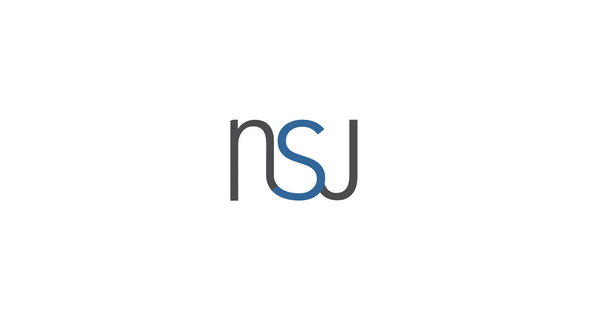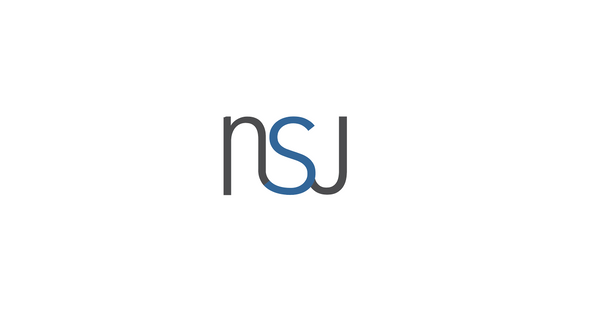Description
AXL Antibody | F53357-0.08ML | Gentaur US, UK & Europe Disrtribition
Family: Primary antibody
Formulation: In 1X PBS, pH 7.4, with 0.09% sodium azide
Format: Antigen affinity purified
Clone: N/A
Host Animal: Rabbit
Clonality: Polyclonal (rabbit origin)
Species Reactivity: Human, Rat
Application: WB, ELISA
Buffer: N/A
Limitation: This AXL antibody is available for research use only.
Purity: Antigen affinity
Description: Receptor tyrosine kinase that transduces signals from the extracellular matrix into the cytoplasm by binding growth factor GAS6 and which is thus regulating many physiological processes including cell survival, cell proliferation, migration and differentiation. Ligand binding at the cell surface induces dimerization and autophosphorylation of AXL. Following activation by ligand, ALX binds and induces tyrosine phosphorylation of PI3- kinase subunits PIK3R1, PIK3R2 and PIK3R3; but also GRB2, PLCG1, LCK and PTPN11. Other downstream substrate candidates for AXL are CBL, NCK2, SOCS1 and TENC1. Recruitment of GRB2 and phosphatidylinositol 3 kinase regulatory subunits by AXL leads to the downstream activation of the AKT kinase. GAS6/AXL signaling plays a role in various processes such as endothelial cell survival during acidification by preventing apoptosis, optimal cytokine signaling during human natural killer cell development, hepatic regeneration, gonadotropin-releasing hormone neuron survival and migration, platelet activation, or regulation of thrombotic responses. Plays also an important role in inhibition of Toll-like receptors (TLRs)-mediated innate immune response. In case of filovirus infection, seems to function as a cell entry factor. [UniProt]
Immunogen: This AXL antibody was produced from a rabbit immunized with a KLH conjugated synthetic peptide between 838-872 amino acids from the C-terminal region of human AXL.
Storage: Aliquot the AXL antibody and store frozen at -20 °C or colder. Avoid repeated freeze-thaw cycles.






